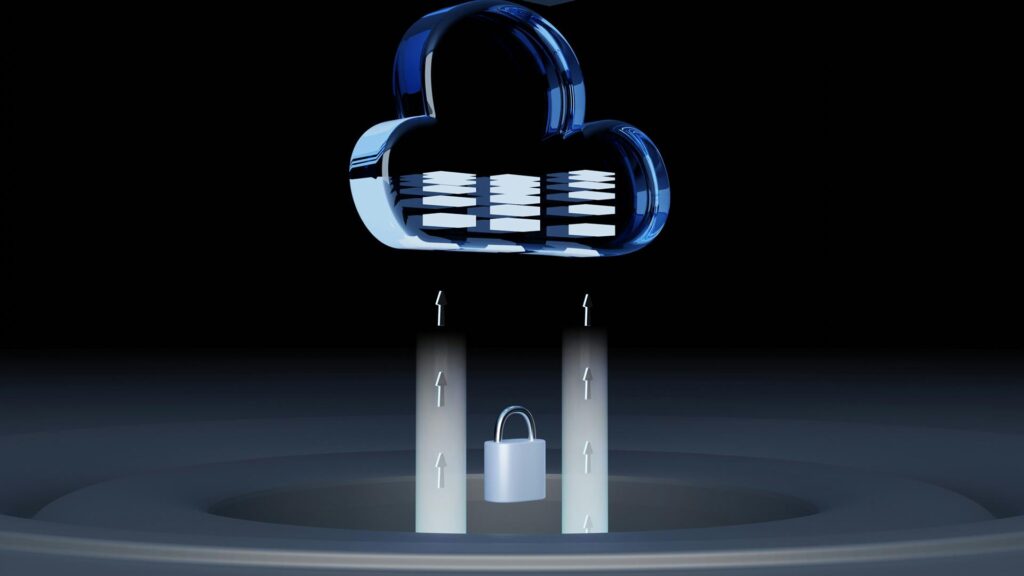
4 Tips for Maintaining Your Online Security

Cybersecurity has never been more important. In the modern day, where digital data is a valuable form of currency, your personal data is highly sought after.
Data brokers and companies collect online users’ information and sell it to third-party companies for premium prices. It’s not just data brokers to be aware of, either. Hackers are becoming more sophisticated in their methods of accessing business and personal data, and cybersecurity attacks are on the rise.
Thankfully, there are several strategies you can use to protect your online data and make sure it doesn’t get into the wrong people’s hands. Below, we have discussed some helpful cybersecurity tips for data security and risk management.
Use a Data Deletion Service
A data deletion platform or service like DeleteMe can request the removal of your personal information from the data broker’s systems. This information may include your name, address, date of birth, occupation, income, spending habits, interests, and family life.
Requesting data brokers to delete all of the information they have about you allows you to take control of your personal data. You can have peace of mind knowing that any collected personal data about you won’t be sold to third-party companies and get into the wrong hands.
Update Your Software Applications Regularly
It’s much easier for hackers to access out-of-date software programs than updated ones. Outdated software often has bugs and gaps that are easily accessed by outsiders, enabling them to collect unauthorized data from your business databases or personal devices.
Updating your software regularly can protect your applications and programs from the wrong people. Make sure your software programs are running the latest version at all times.
Consider implementing automated software updates so you don’t need to remember to complete the updates manually. This way, your software programs remain well-functioning and safe from cyberattacks.
You must also make sure any software plug-ins are up to date, as they can also provide an easy way for hackers to access your online data.
Invest in software security applications
Nowadays, there are many software security applications that you can download to secure your software programs. These applications provide an extra layer of security and ensure your software applications are up-to-date and bug-free.
Using a software security application takes the pressure off your shoulders and protects your online data every second of the day without you needing to intervene.

Use Strong Passwords
It’s no good using your full name as your password or using the word ‘password’. These passwords are easy to guess and won’t secure your online data and personal information at all.
It’s vital that you use strong, unique passwords that are hard to guess, even for those who know you well. Your passwords should contain a combination of letters, numbers, and special characters, with no specific names or dates of birth.
Using strong, unique passwords makes it difficult for hackers to enter the correct login details for your online accounts. In turn, your bank details and sensitive information can stay away from data brokers and out of the wrong people’s hands.



























